MORE nz politics

Councillor Refuses To Kowtow To Marae Protocol
February 2nd, 2026

Hipkins Revives Failed 2023 Election Tactics
January 21st, 2026
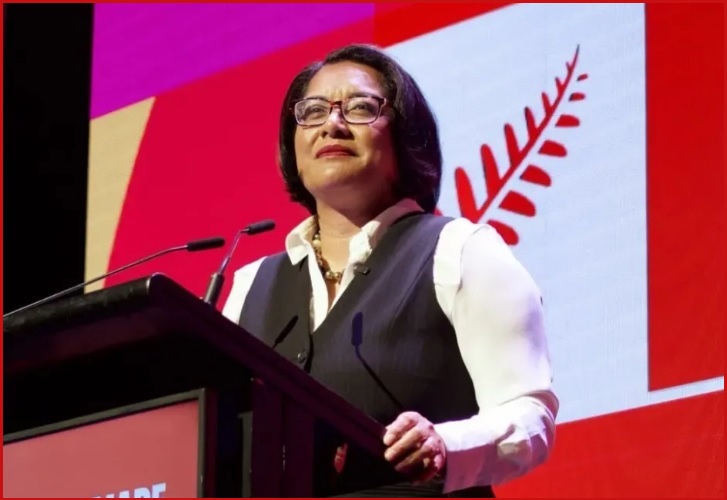
Hard Choices.
December 4th, 2025
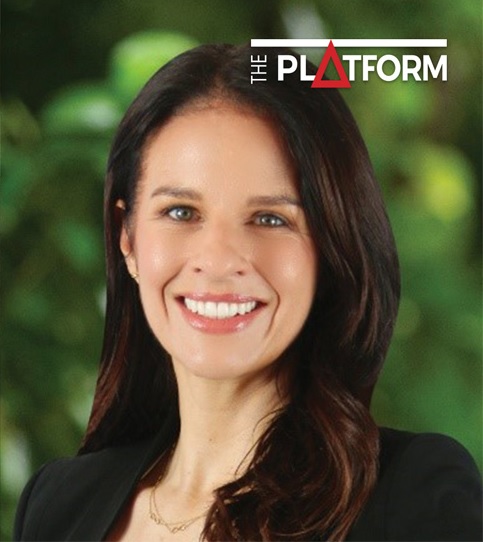
Stanford Redeems Herself With Reverse Ferret
November 17th, 2025
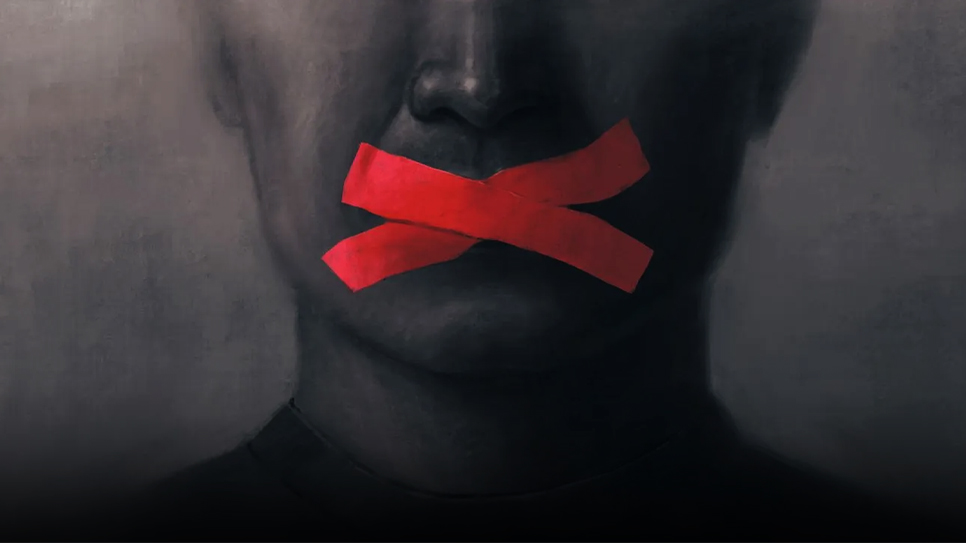
Mystery surrounds Hipkins’ claim about covid inquiry suppression order.
September 12th, 2025
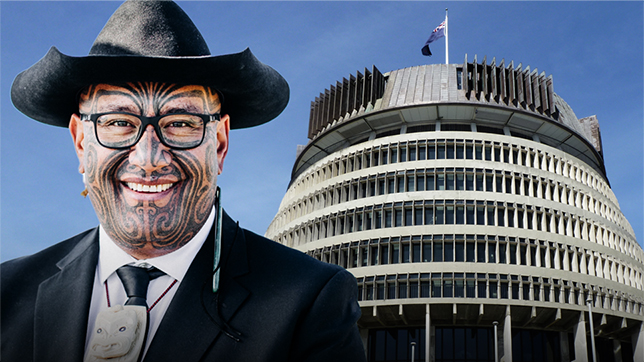
Rawiri Waititi’s gift to the coalition
June 4th, 2024

Bryce Edwards: Discontent and gloom dominate NZ’s political mood
May 2nd, 2024

How politicians spend money to win your vote
March 21st, 2024
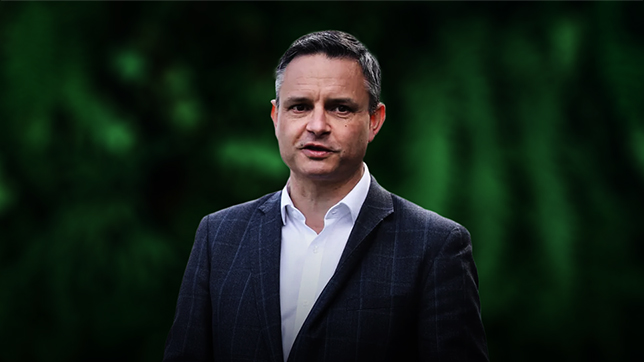
James Shaw's greatest legacy is not the Carbon Zero Act
January 31st, 2024

When is a bribe not a bribe?
December 1st, 2023
Your Opinion Matters
Open.
Tolerant.
Free.

Mystery surrounds Hipkins’ claim about covid inquiry suppression order.
The covid-19 royal commission says it has no knowledge of a suppression order that would prevent Labour leader Chris Hipkins from appearing at a public hearing to detail his decision-making during the pandemic.
Missed out on this content?
No worries. Join Platform Plus to get unlimited access to all The Platform content.
For just $30 per month you won't have to miss out again!
JOIN NOW